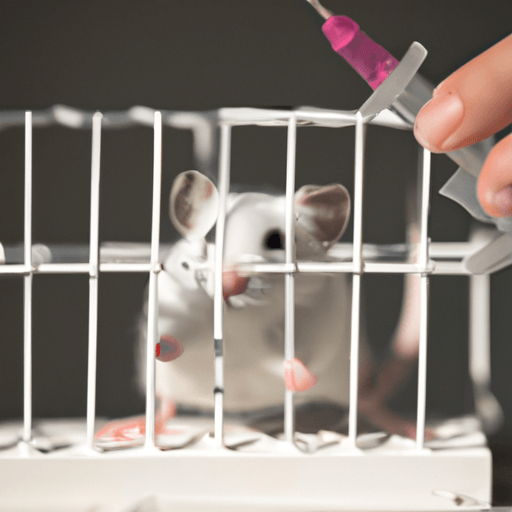The Pros and Cons of Animal Testing
Animal testing is a controversial topic in medical and cosmetic research. Proponents of animal testing argue that it is essential for the advancement of medical treatments and the development of new medicines and beauty products. However, opponents of animal testing point to the potential suffering of the animals, as well as the risk of inaccurate results due to the differences between animal and human biology.
Pros of Animal Testing
The primary argument in favor of animal testing is that it is necessary for medical and scientific progress. Animal testing allows researchers to test the safety and efficacy of new treatments before they can be tested on humans. It also allows researchers to study the effects of certain drugs and treatments on a living organism, which is impossible to do in a laboratory setting. Animal testing can also help scientists to develop new medicines and treatments that could not be developed without animal testing.
In addition, animal testing is an important tool for advancing medical research. Animal testing allows researchers to study diseases and conditions that cannot be studied in humans, such as certain cancers and neurological diseases. Animal testing is also an important tool for developing new medical treatments, such as vaccines and cancer treatments, as well as new cosmetic products. It is also a useful tool for studying the effects of toxins and pollutants on the environment.
Cons of Animal Testing
Despite the potential benefits of animal testing, there are also many ethical concerns. Animal testing can cause pain and suffering to the animals involved, and some argue that it is an unnecessary cruelty. In addition, there is the risk of inaccurate results due to the differences between animal and human biology. Furthermore, it is impossible to replicate the complexity of the human body in a laboratory setting, so animal testing may not always be an accurate representation of how a drug or treatment will work in humans.
In addition, there is the risk that animal testing can lead to the development of drugs and treatments that are not effective or safe in humans. This is due to the fact that animal bodies and human bodies are not always the same, and drugs and treatments that work in animals may not necessarily work in humans. This can lead to dangerous consequences, as well as wasted resources.
Conclusion
Animal testing is a controversial topic, and both proponents and opponents have valid points. While animal testing has the potential to lead to medical breakthroughs and the development of new treatments and medicines, there is also the potential for animal suffering and inaccurate results due to the differences between animal and human biology. Ultimately, the decision of whether or not to use animal testing rests in the hands of the researchers and the institutions they work for.


















Comments
Leave a Comment